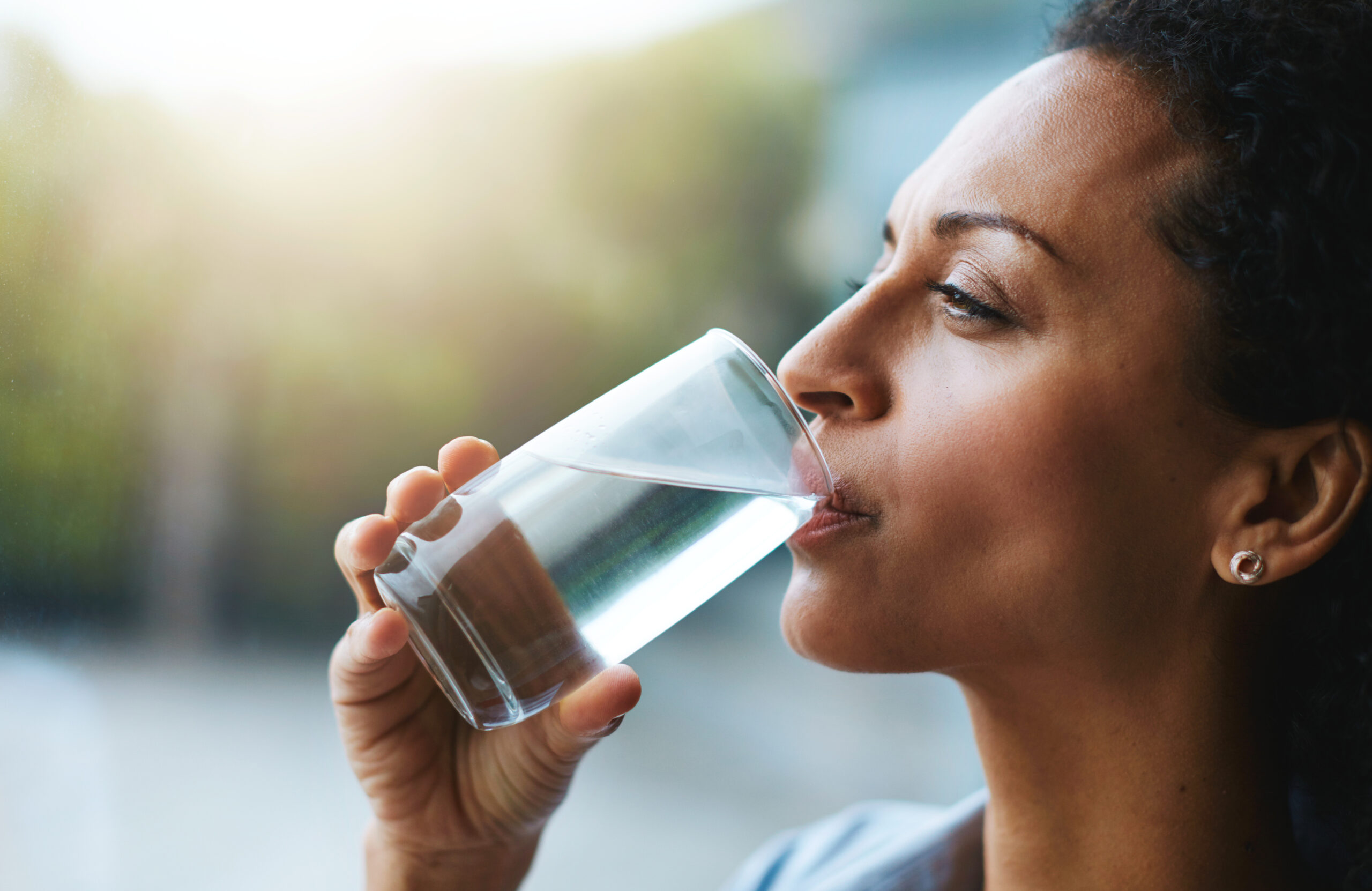
Extreme Thirst
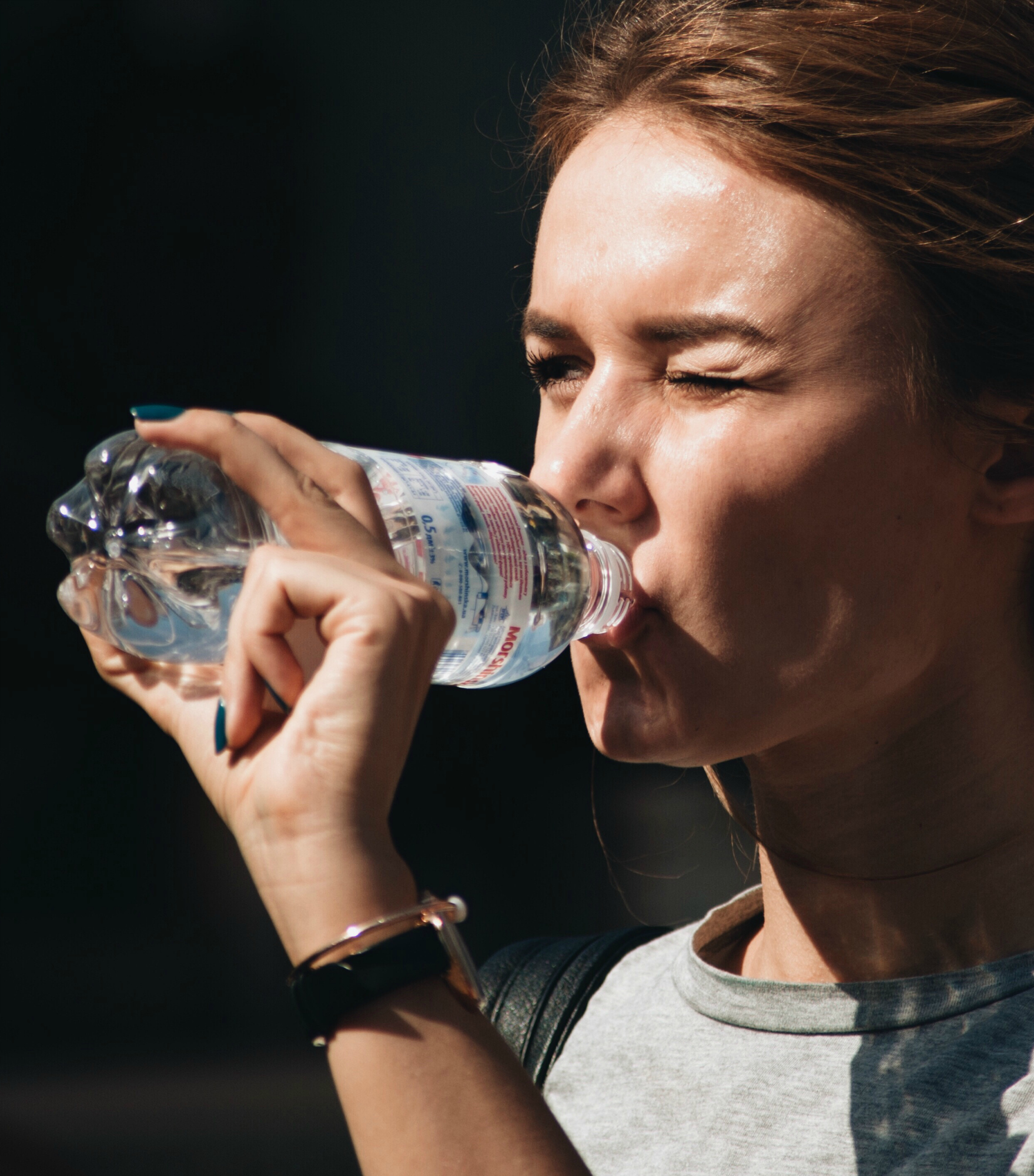
It's important to know the signs and symptoms of dehydration, especially in the hot summer months when we lose a lot of water through sweat and dry air. One of the best ways to stay healthy, feel good and look great is to avoid dehydration. Here are the signs that are telling you to increase your water intake.
First, always listen to your body and drink when you're thirsty. Extreme thirst is a real cause for alarm—and a tall glass of water (or three).
Dry Mouth

Even if you don't think you're thirsty, if your mouth and tongue are dry and sticky, it's a sign you're past the point of thirst. According to the Mayo Clinic, it's a symptom of dehydration.
Sleepy

Sure, summer and the heat call for lazy days. But if you're always feeling sleepy, possibly borderline lethargic, it might not be the heat. It may be that you're dehydrated. Try upping the amount of water you drink. Your body is telling you something.
Can't Pee
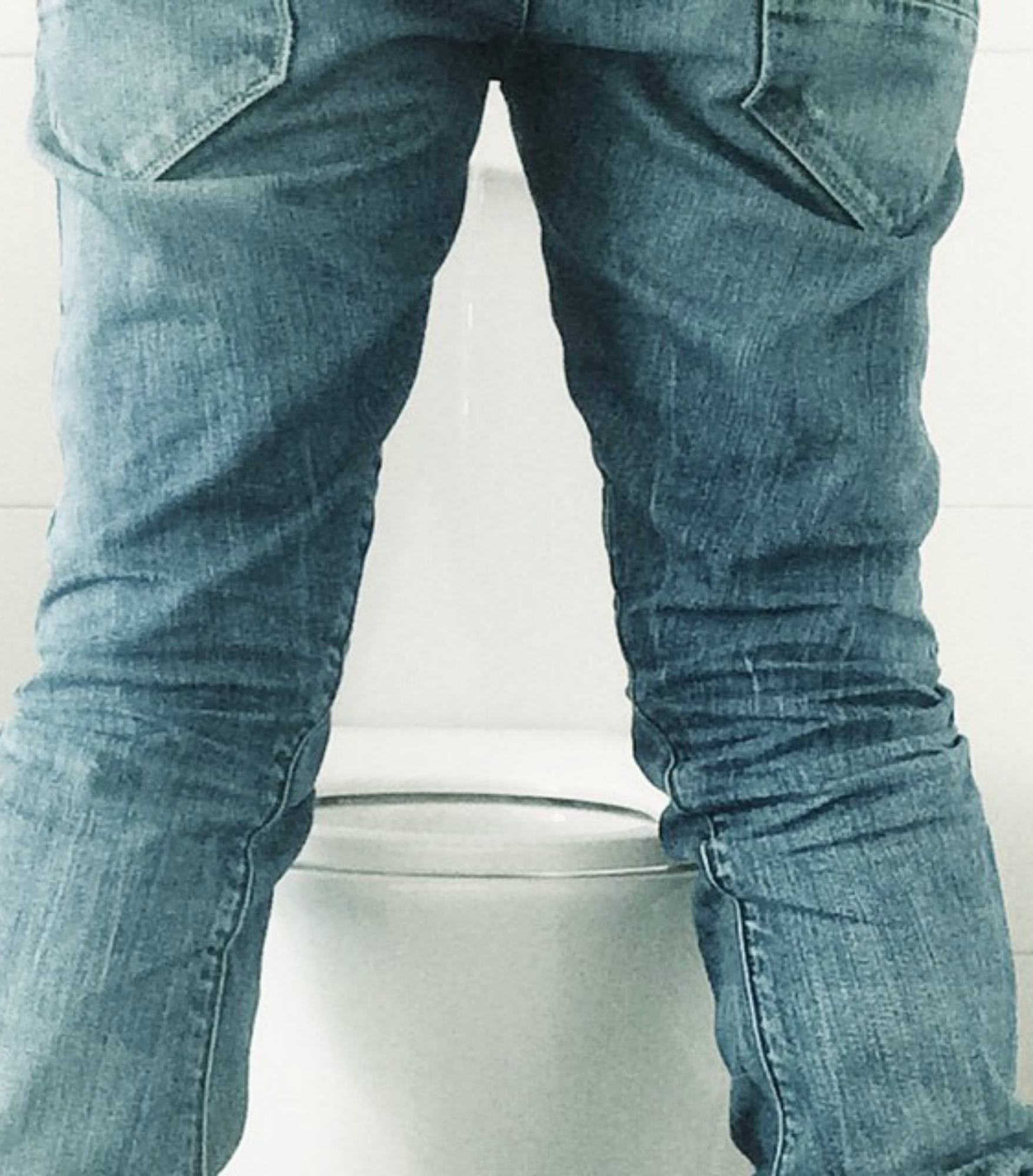
Haven't peed in awhile? That might be because your body has run out of excess fluids. You should being going six to eight times a day. Up to 10 times is also totally healthy and a sign that you're hydrated.
Dark Yellow Urine

If your urine is a little darker yellow than usual, and you have no other health problems, this could be a sign that you're dehydrated. Often, bathrooms aren't easily available around summer hot spots, like the pool, the beach or while traveling abroad. But don't use that as a reason to decrease water intake. You need to stay hydrated.
Headache
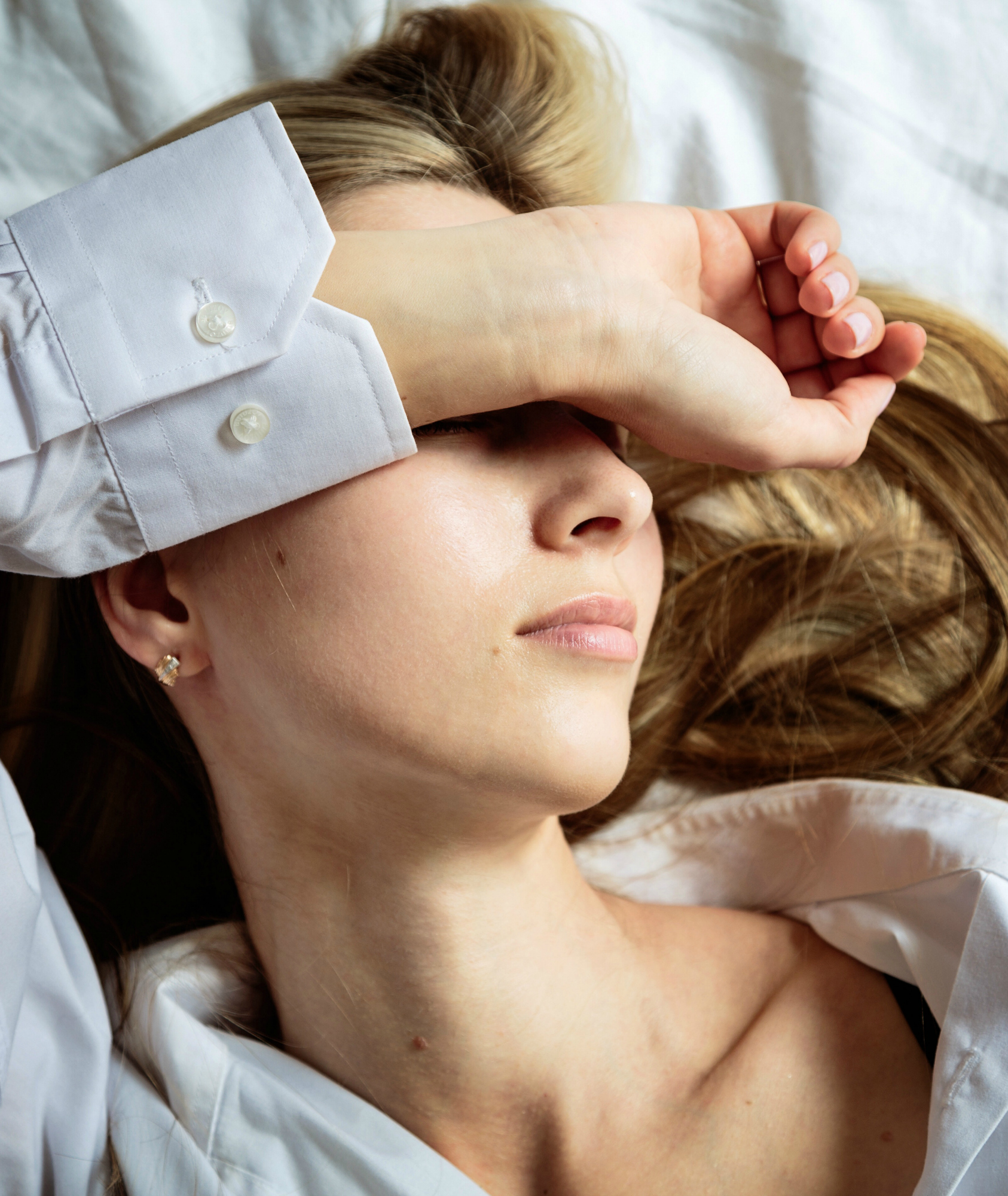
Many people experience headaches when they haven't managed their daily water intake. Before taking medication or jumping to more serious conclusions, try drinking more water throughout the day to get rid of the headache. Going forward, stay on top of hydration, since headaches are a symptom of dehydration.
Skin Has Lost Elasticity

Depending on where you live, heat can take a toll on skin, drying it out and zapping it of its elasticity. It's also a symptom of being constantly dehydrated. Also known as skin turgor, if you can pinch your skin and it stays tented for any degree of time, you might be experiencing dehydration, according to the National Institutes of Health.
Dizziness
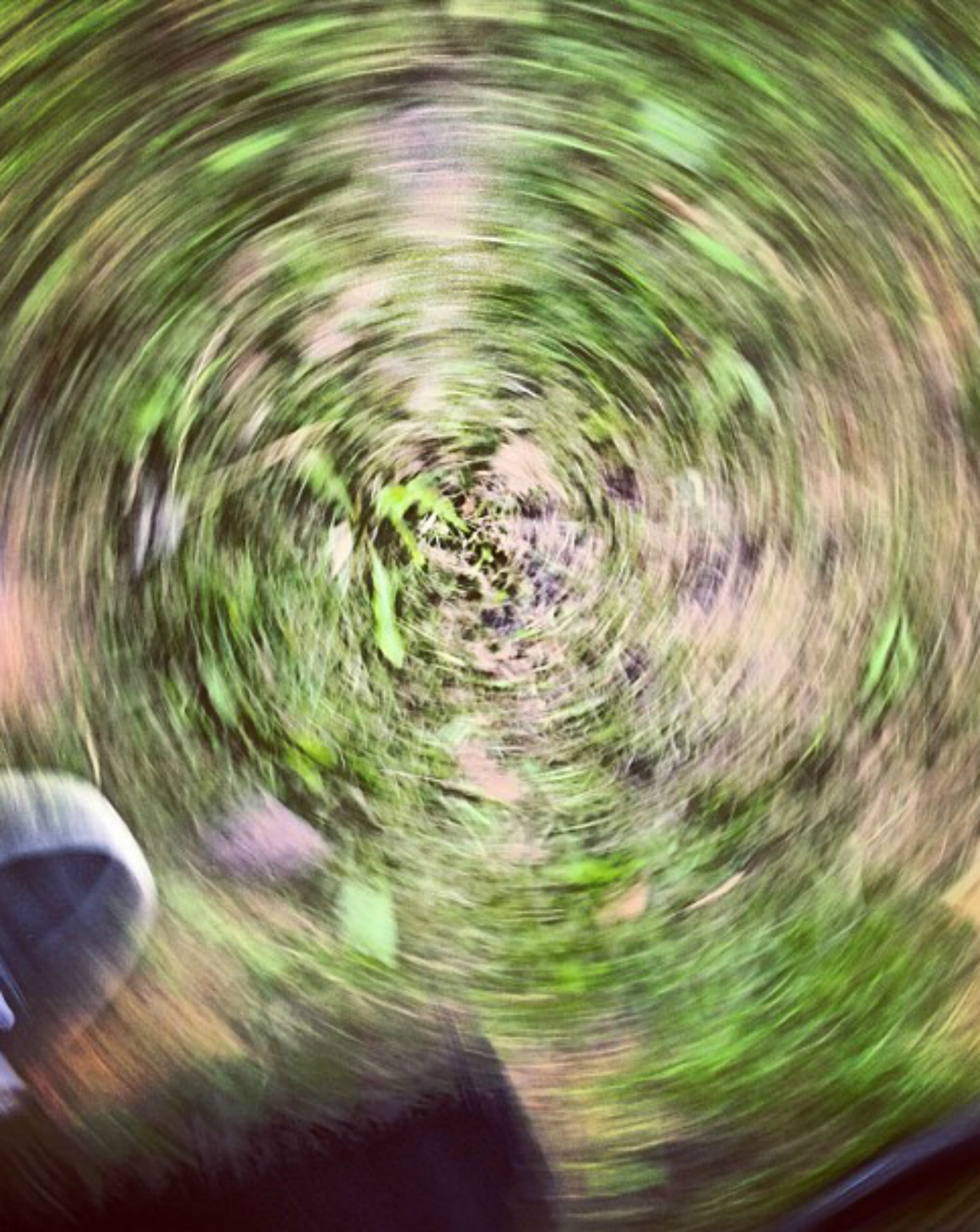
The Mayo Clinic lists dizziness as a symptom of dehydration, too. Without enough fluids in the body, brain function can be compromised. This is especially a problem for young children and older adults. If you stand up and feel unsteady, consider whether you've had enough water recently.
Tearless Crying
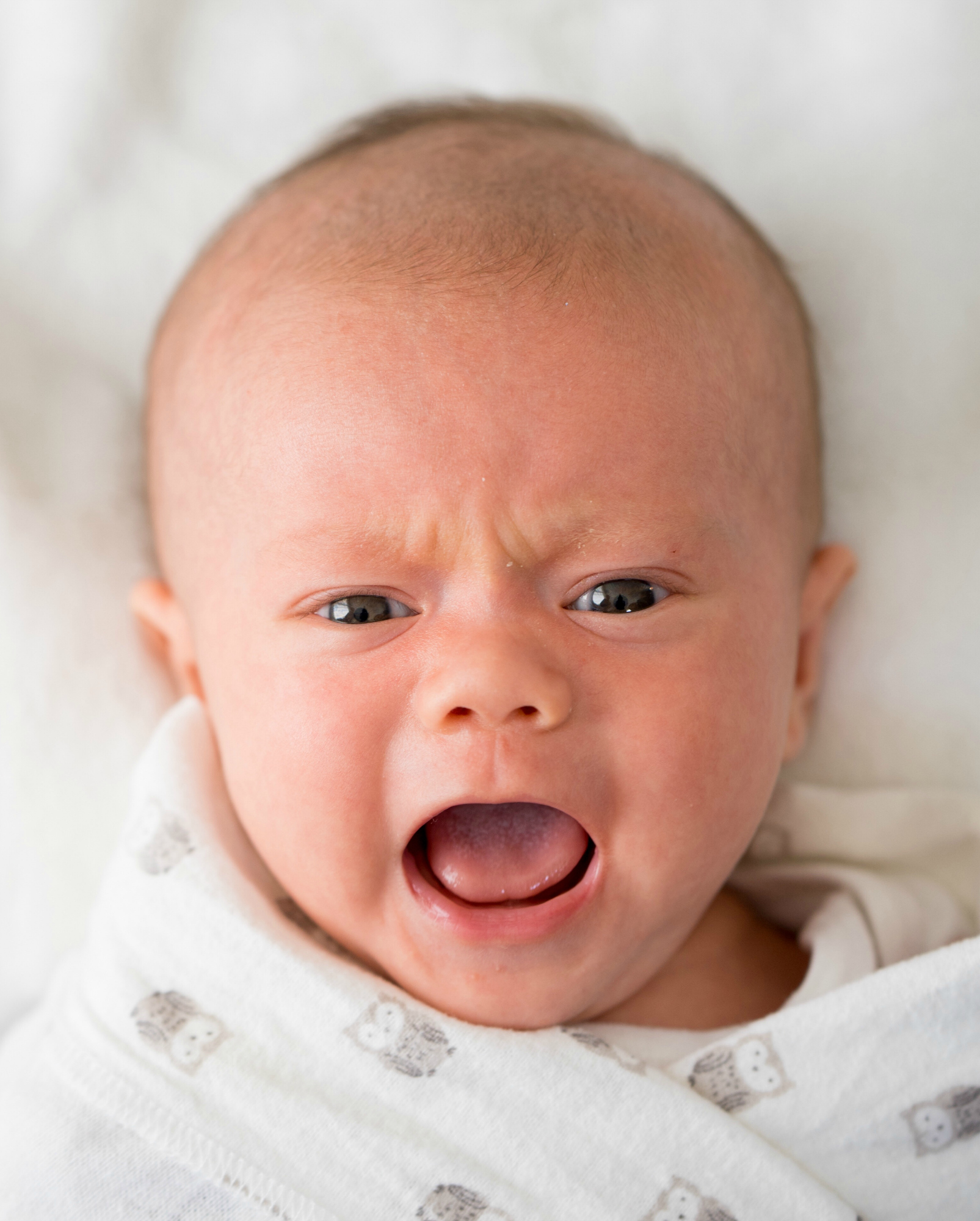
In very young children, including non-newborn babies, crying without tears might be a sign of dehydration. Young kids can be very active. Add in the summer heat, sweat and time in the sun, and they lose more fluids than usual. Kids, especially, need to be encouraged to take in more fluids, preferably water.
Blood Pressure Drop

Dehydration can also cause blood pressure to drop, which might cause you to feel faint when you stand up.
Racing Heart
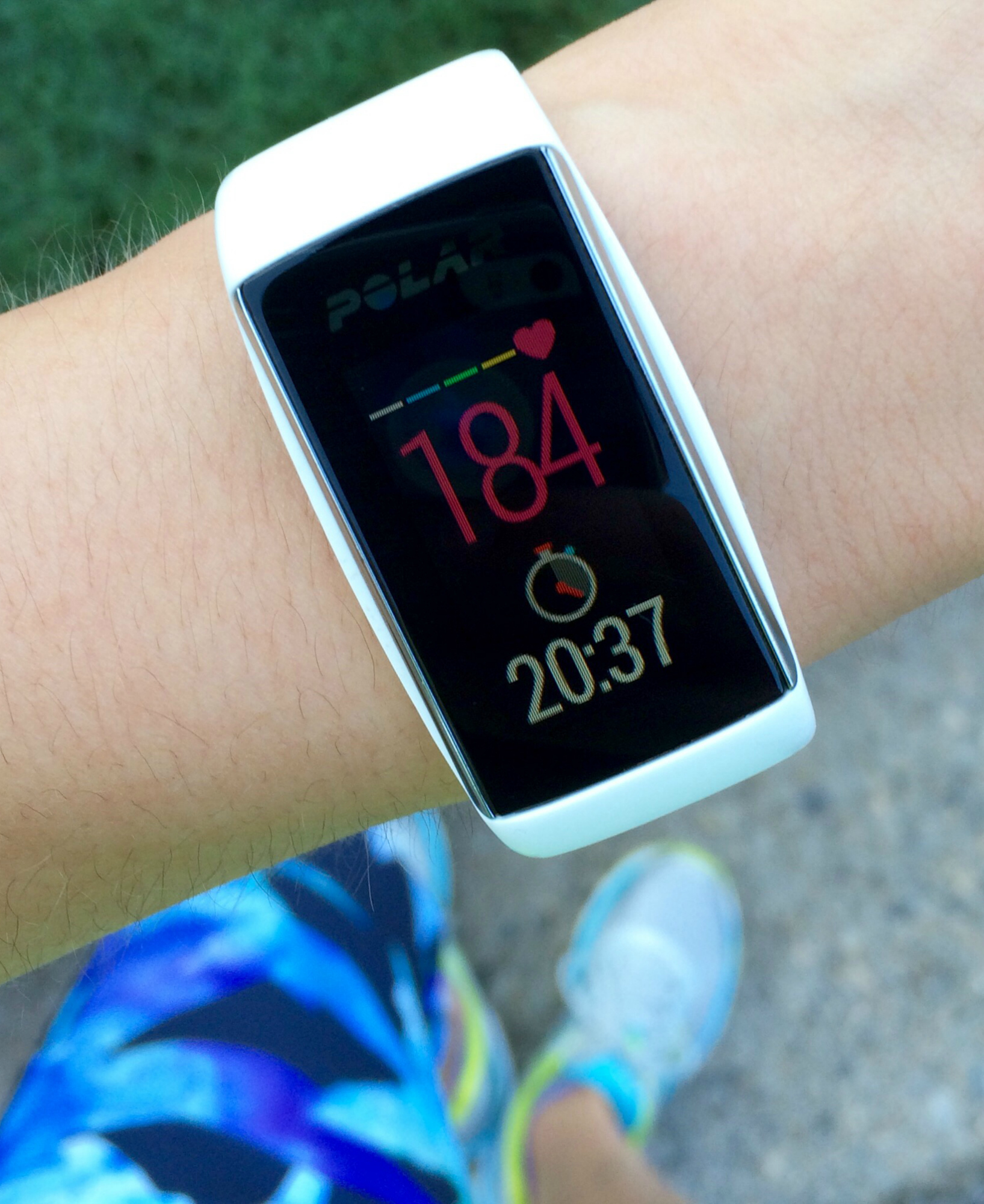
On the other hand, chronic dehydration can also cause high blood pressure, or hypertension. When blood cells aren't properly hydrated, they signal to the pituitary gland to make vasopressin, which causes blood vessels to constrict. This, in turn, causes blood pressure to increase.
Fever
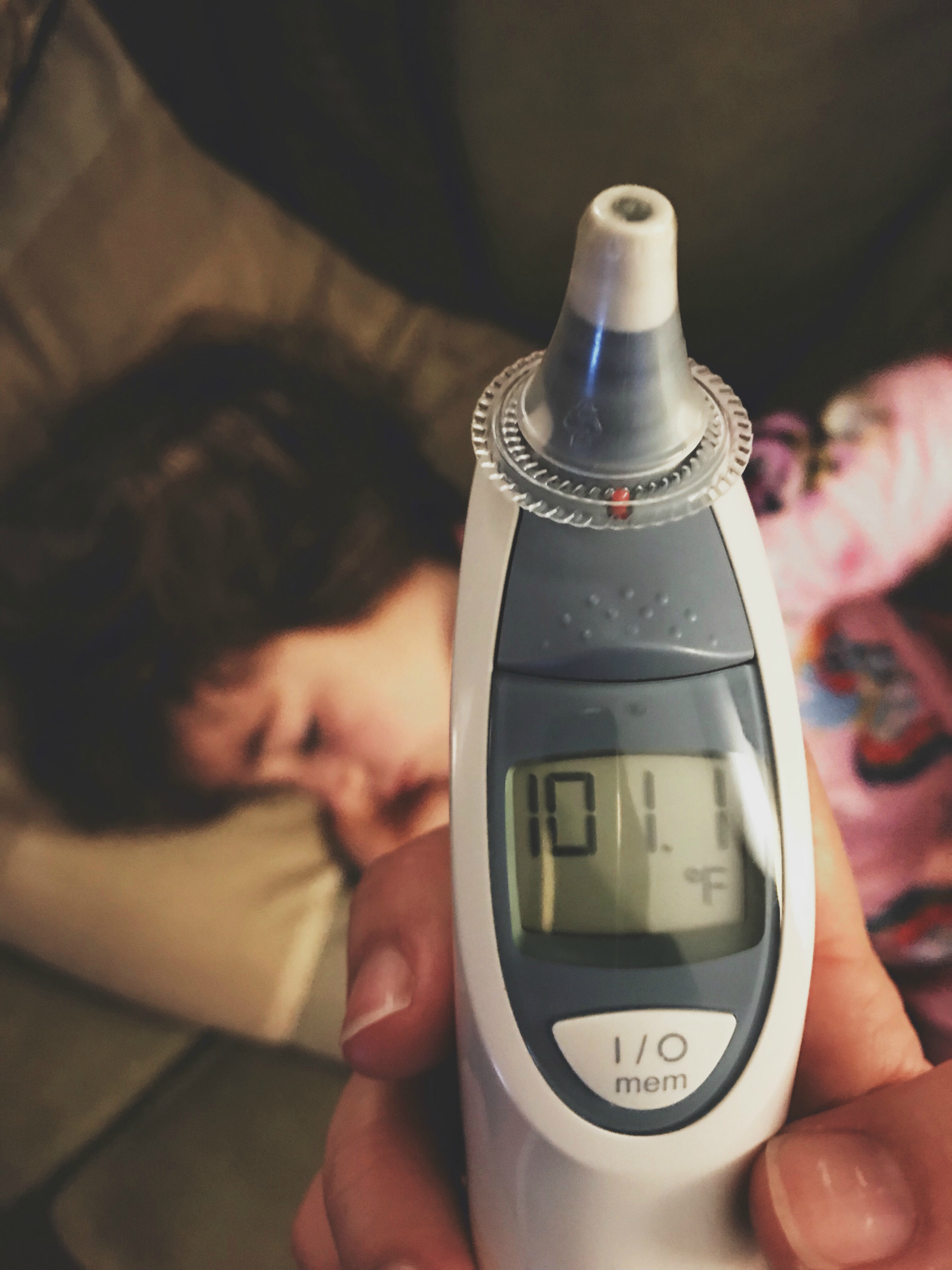
Fever and chills are one of the more unexpected symptoms of constant dehydration. If these symptoms persist, or if you've also suffered a sunburn, see your doctor.
Dry Skin
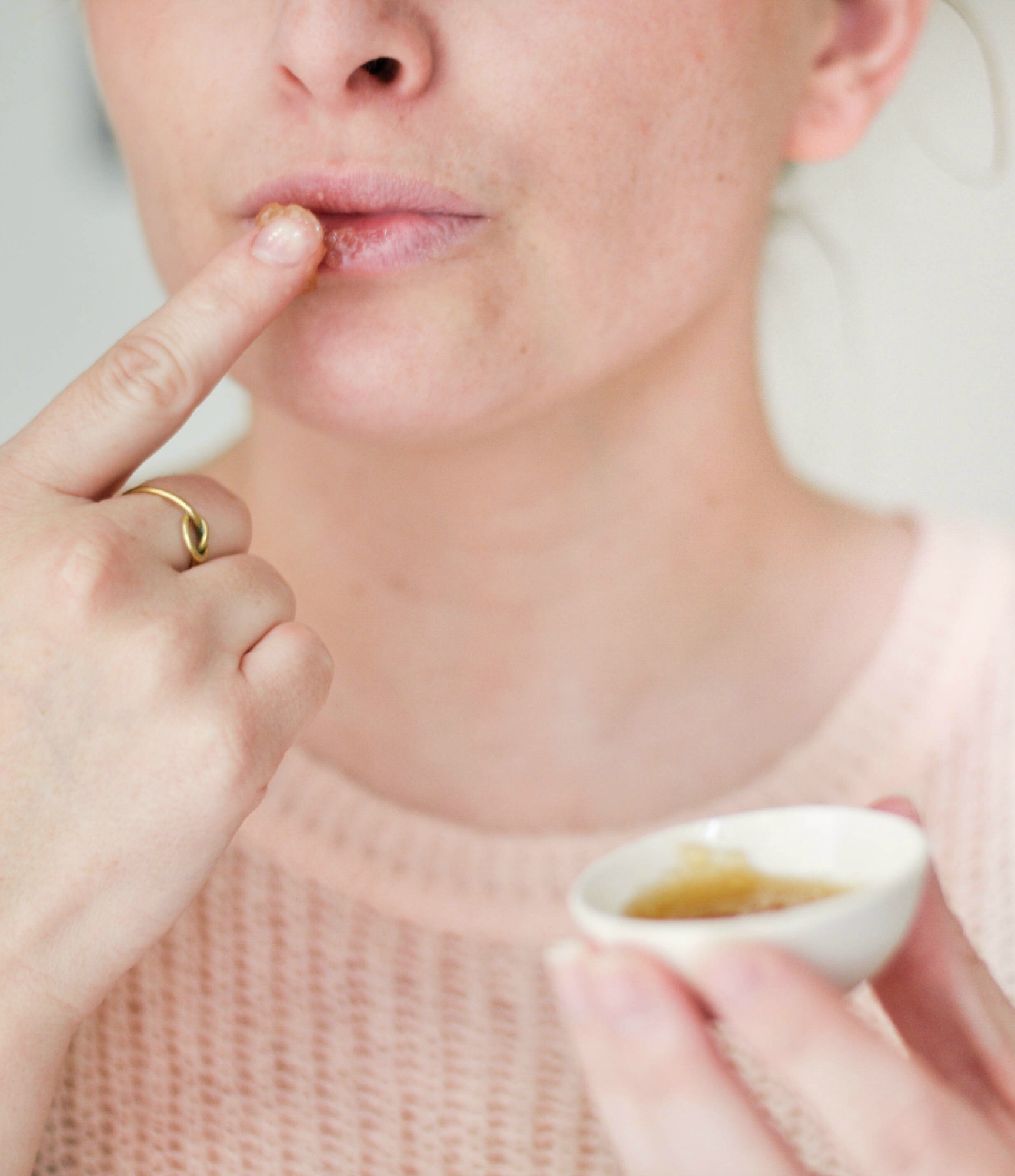
Dry skin, frequent breakouts and skin irritation may be caused by the need to drink more water. If you're dehydrated, your skin is one of the first organs to suffer. Though it will still produce oils, those oils, without fluid-rich and supple skin, will clog up and cause breakouts. Better to just drink your eight glasses a day!
Lethargy, Confusion or Coma

Constant dehydration might also lead you to feel confused, inexplicably tired, delusional and lethargic. In more severe states, it can also lead to coma.
Seizure

In very extreme cases, constant dehydration may cause a seizure. Lack of, or not enough fluids, can cause electrolyte disturbances in the brain, which might lead to seizures.
Shock
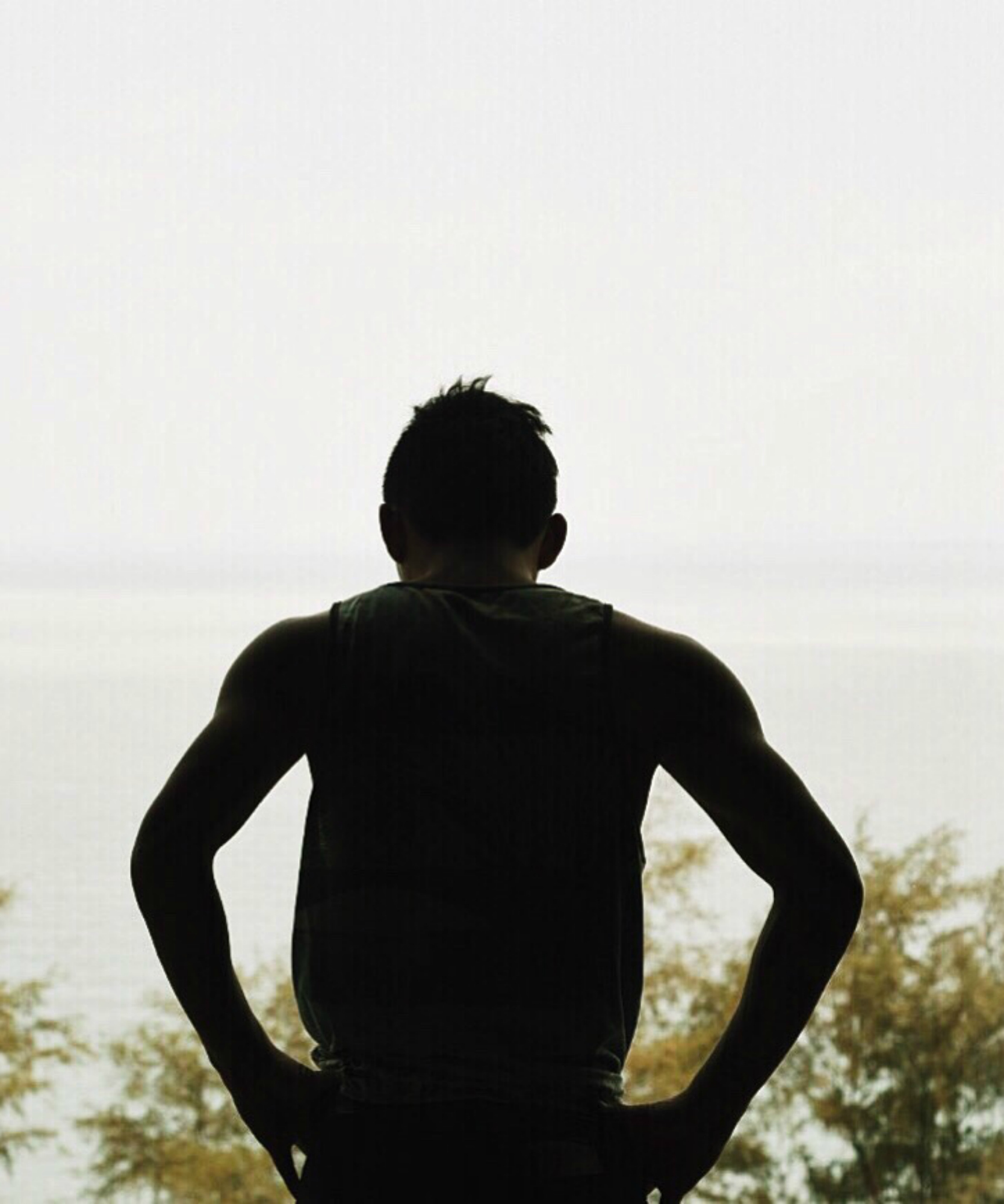
Constant lack of hydration can cause shock from low blood volume, one of the biggest risks of constant dehydration. Shock caused by a lack of oxygen being circulated around the body can be life-threatening.
Too Many Dry Diapers
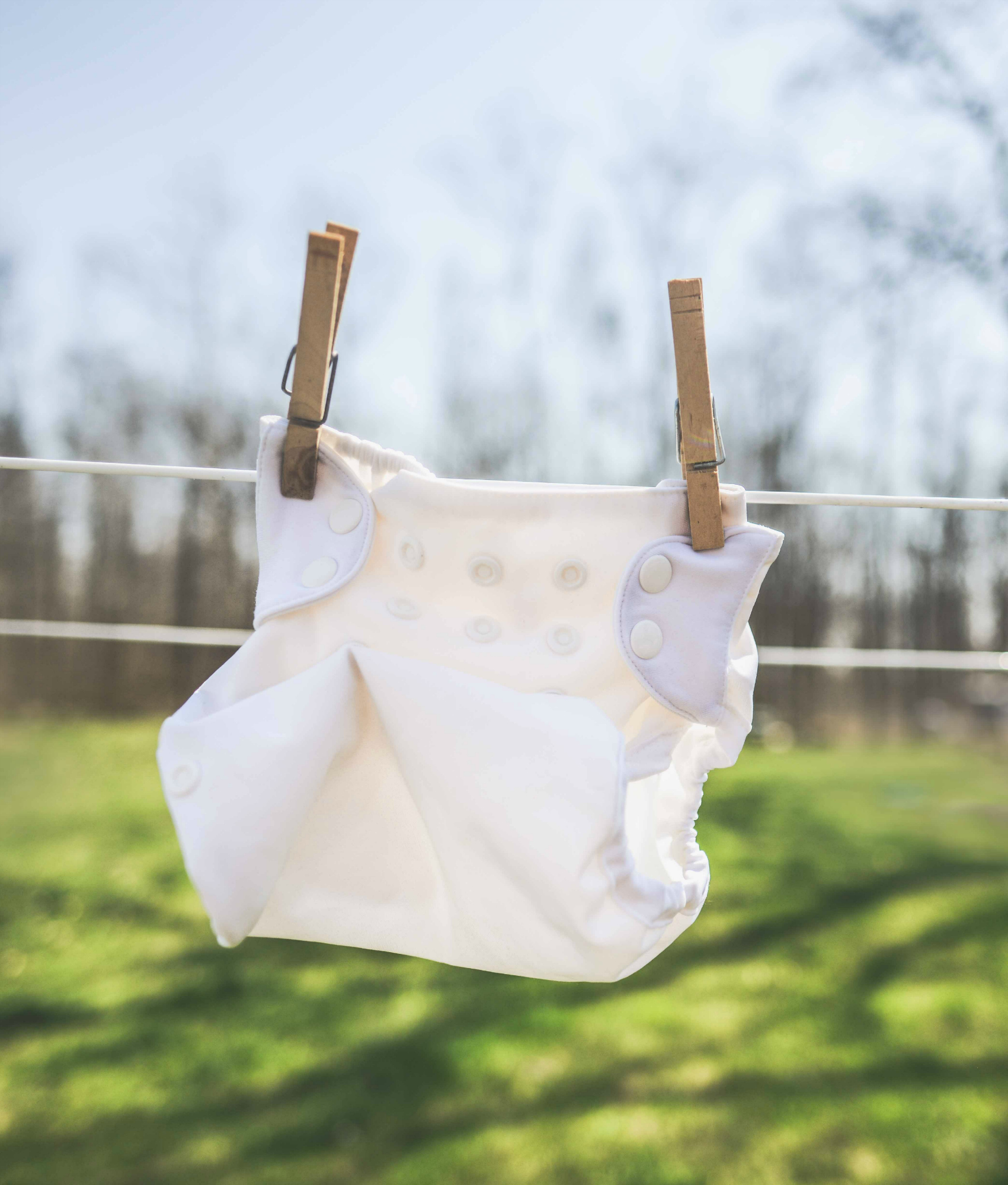
Busy parents may miss signs that their kids aren't drinking enough water, breastmilk, formula or other healthy fluids. Infants should have at least six wet diapers a day. Toddlers shouldn't go longer than eight hours without going potty. If this is not the case, your child may be dehydrated.
Diarrhea
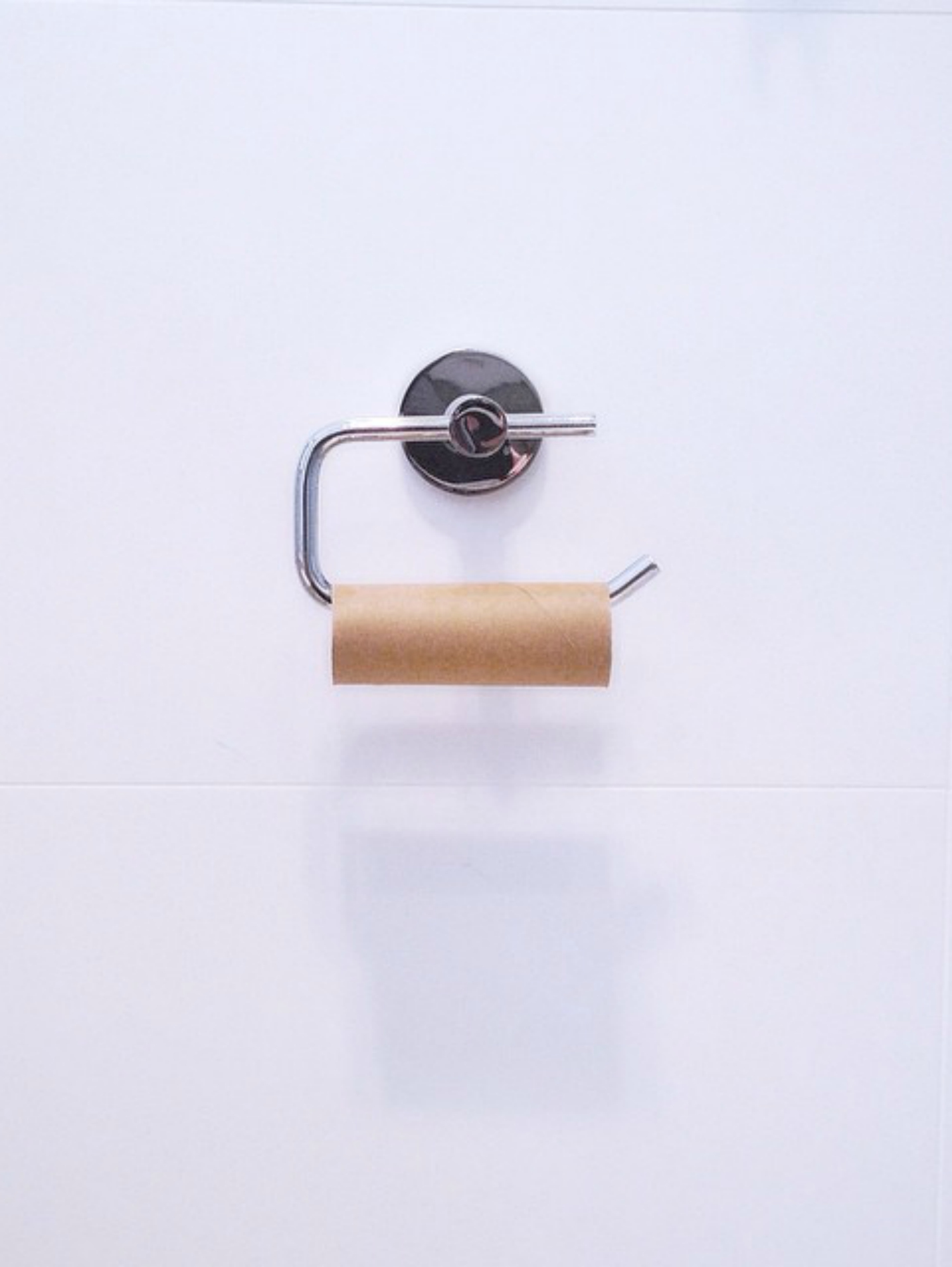
Diarrhea, while not a symptom of constant dehydration, can be the cause of it. While drinking fluids may not seem welcome or possible during gastrointestinal distress, replenishing fluids lost as much as possible—and really increasing fluids once you're feeling better—is important to keep dehydration at bay.
Can't Keep Fluids Down
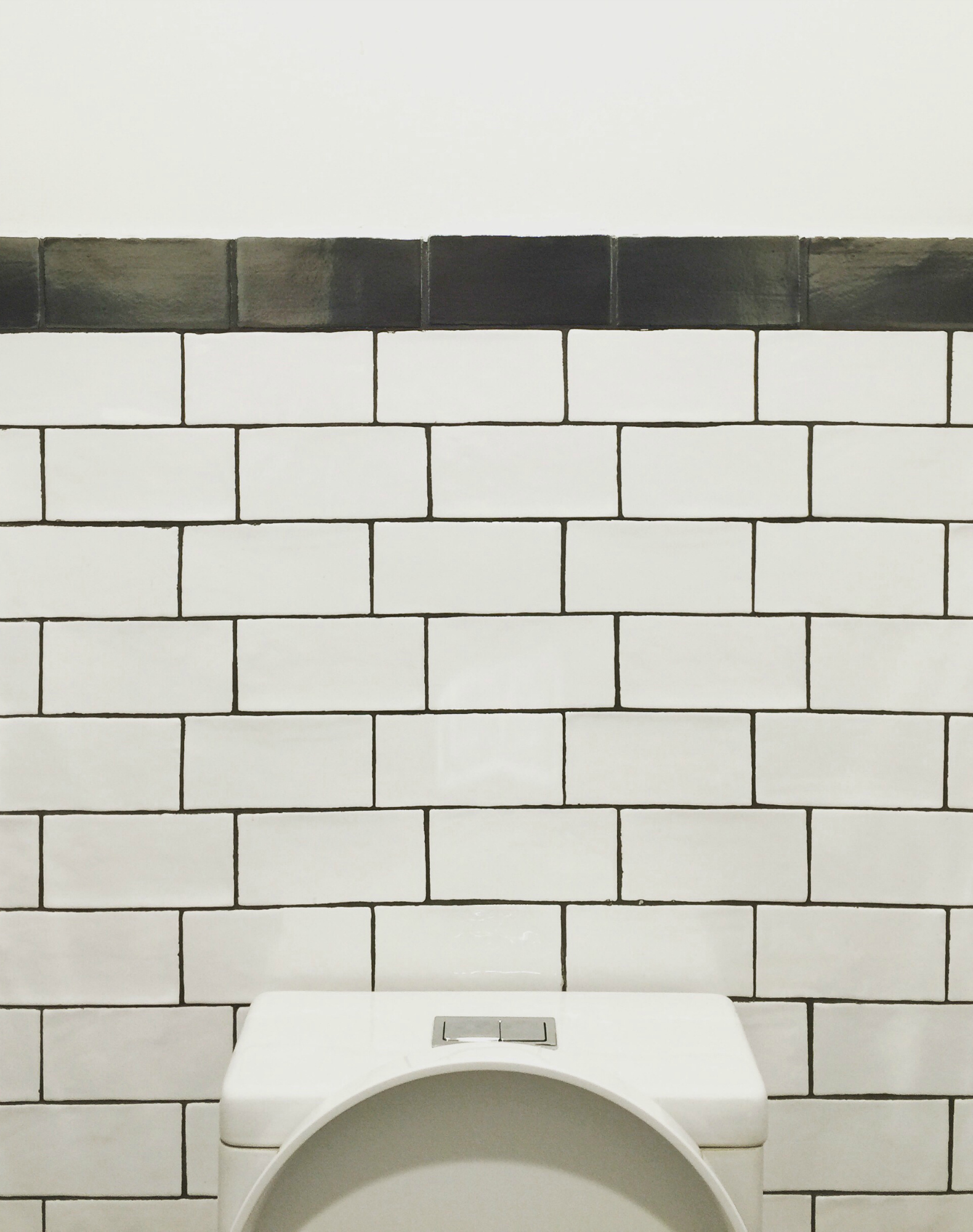
Vomiting can lead to serious complications over time, if hydration isn't restored following a bout of throwing up.
Black or Bloody Stool
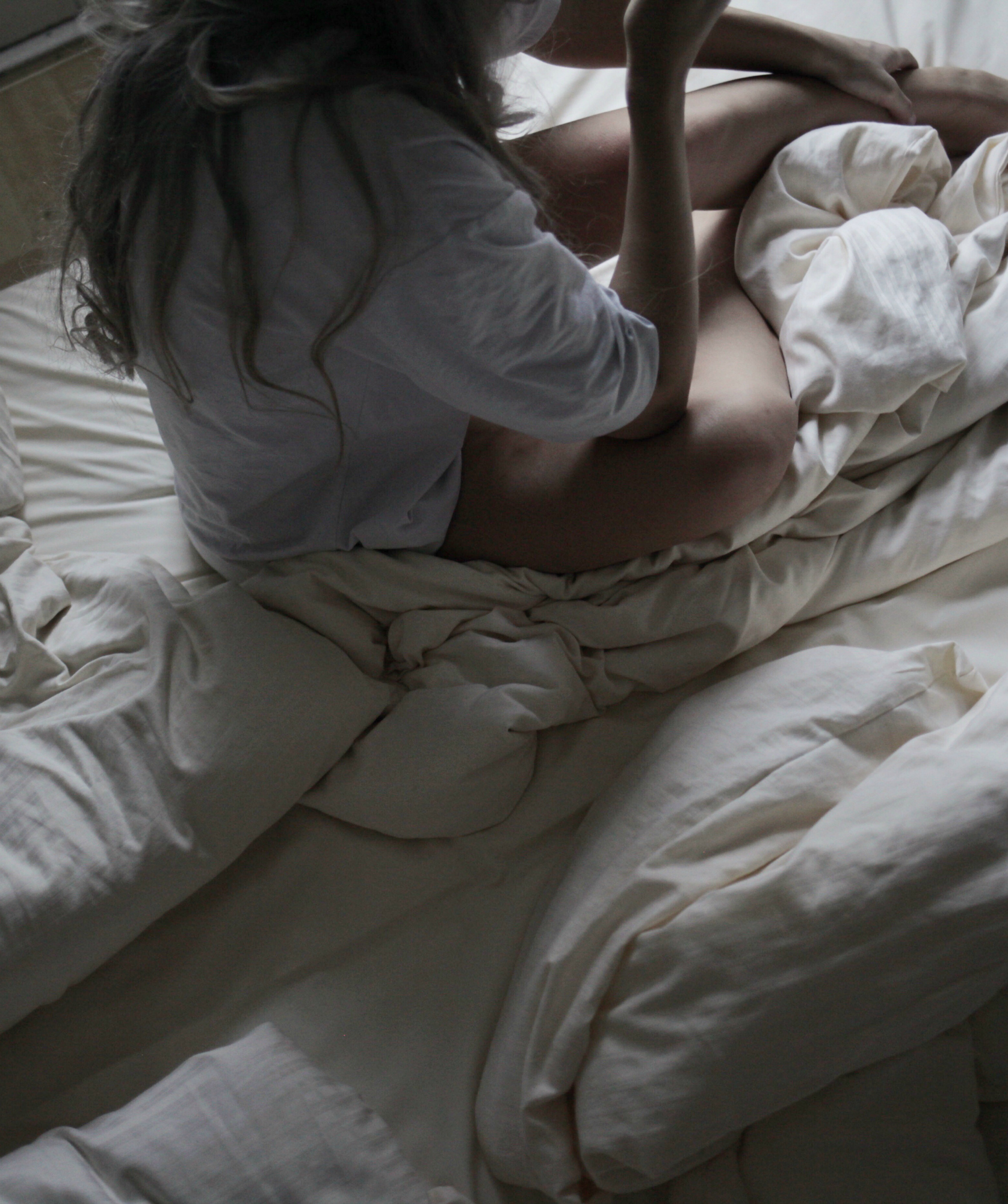
While dehydration doesn't cause black or bloody stools, it exacerbates the problems and prevents healing. Poop says a lot about your health. If you're straining to go number two, for example, you might just need to drink more water each day.




